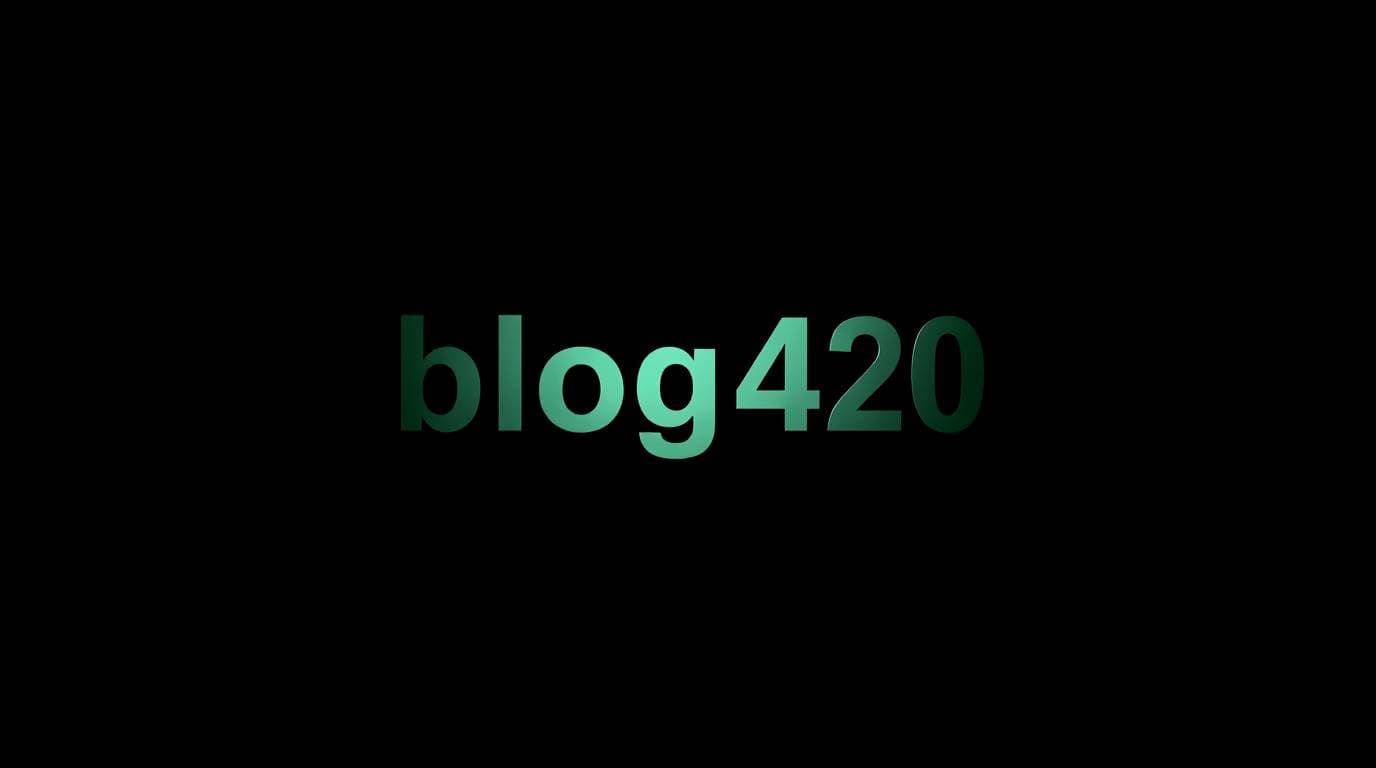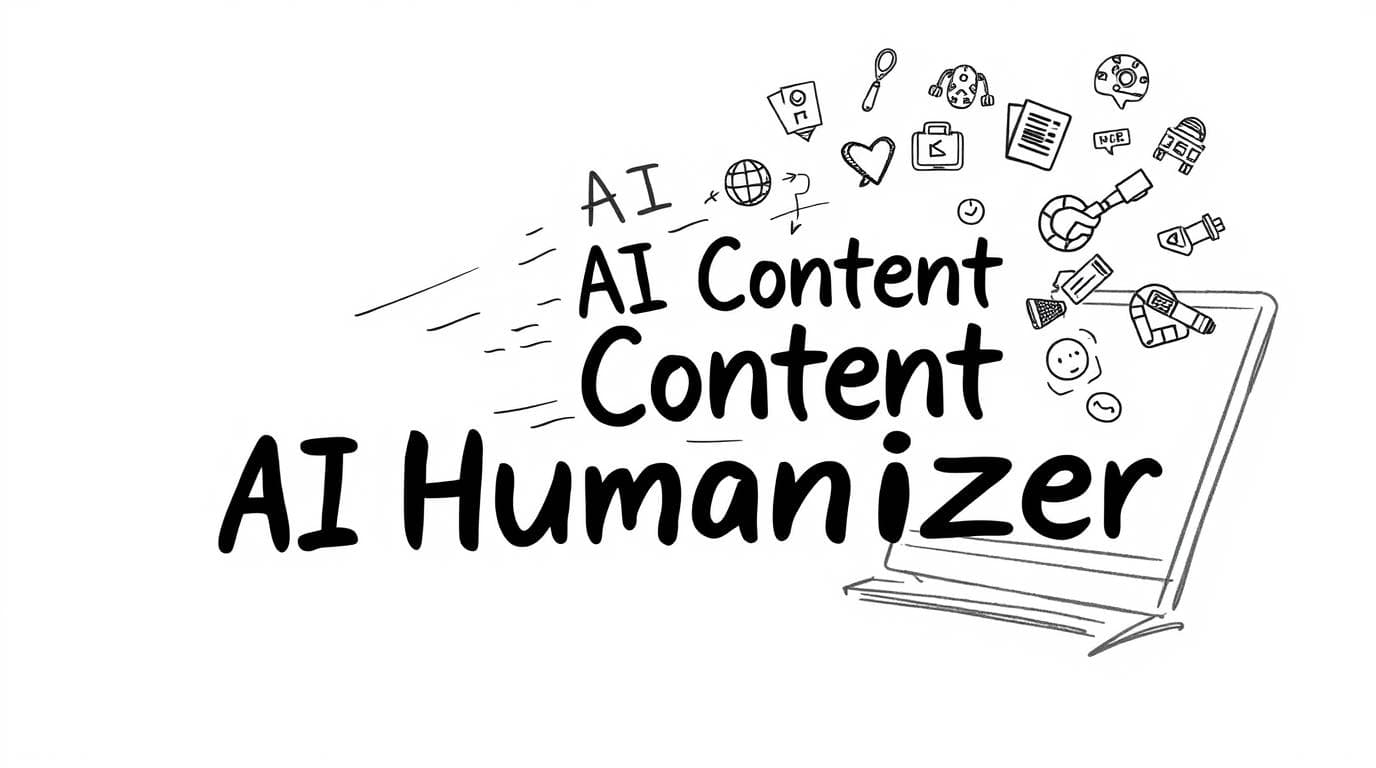In the modern digital world, data is the new oil — powering everything from targeted advertisements to artificial intelligence. Two major forces are shaping this data-driven reality: web scraping — the method of extracting data from websites — and Google — arguably the largest data collection machine in history. While web scraping enables individuals and organizations to access and analyze information on the web, Google operates at an entirely different scale, collecting not just web content but intimate details about user behavior, preferences, and activities.
Web Scraping: The Internet’s Secret Harvester
Web scraping is an automated technique used to extract information from websites. It mimics the behavior of a human browsing the web, except it does it faster and more systematically. At its core, web scraping involves sending a request to a web page, retrieving the HTML content, and parsing it to extract specific data points — like product names, prices, job listings, headlines, or reviews. Developers use tools such as Python, BeautifulSoup, Scrapy, Selenium, or Puppeteer to build scrapers that can work at scale.
The scraped data is then stored in formats like CSV, Excel, JSON, or in databases where it can be analyzed or used in other applications. This method has become vital in industries such as e-commerce (for price monitoring), news aggregation, SEO, data journalism, academic research, and even real estate or finance.
However, web scraping operates in a gray legal and ethical area. While scraping public data is often allowed, many websites’ Terms of Service explicitly forbid it. High-profile legal battles, such as HiQ Labs vs. LinkedIn, have highlighted the friction between open access and data ownership. Some sites deploy defenses like CAPTCHAs, rate limiting, or obfuscated HTML structures to block scrapers. At the same time, many companies prefer to offer structured APIs for legal and controlled data access, avoiding the unpredictability of scraping altogether.
How Google Collects (Almost) Everything
Whereas web scraping is typically used by smaller entities to collect publicly available data, Google operates on an entirely different playing field. It doesn’t just scrape websites — it indexes the entire internet, tracks user interactions, and builds detailed behavioral profiles across platforms, devices, and even physical locations.
1. Crawling and Indexing the Web
Google uses its crawler, known as Googlebot, to scan and index billions of web pages daily. This is the backbone of Google Search. It reads HTML content, interprets links, and stores structured information in Google's vast data centers. Websites can influence this process using tools like robots.txt or sitemaps, which tell Google what content should or shouldn’t be crawled.
This form of data collection is, in principle, similar to web scraping — but it's done with much more sophistication, infrastructure, and scale. It’s also what powers SEO (Search Engine Optimization) and determines how visible content is in search results.
2. Tracking Your Every Move Online
What sets Google apart isn’t just its access to public web data — it’s how comprehensively it tracks you. Google collects user data in nearly every way imaginable, largely through its own ecosystem of services and apps:
- Search: Every query is logged — including your IP, location, device, and search intent.
- Gmail: While ads are no longer personalized based on email content, Gmail still scans for spam and security.
- YouTube: Your watch history helps build an entertainment profile and recommend content.
- Google Maps: Tracks real-time location, search history, travel routes, and visited places.
- Google Drive/Docs: Files stored and edited may be scanned for security and metadata.
On top of that, Google’s Android OS and the Chrome browser act as powerful data collectors, syncing user data across devices and gathering browser activity, saved passwords, autofill information, and more. If you're signed into your Google account, this data is directly tied to your profile.
Additionally, Google embeds itself into over half the internet using services like Google Analytics, Google Ads, and reCAPTCHA. This enables cross-site user tracking, building one of the most detailed behavioral advertising networks in the world.
Google claims it uses this data to enhance user experiences, train AI models, personalize content, and protect users from threats. But critics argue this constitutes surveillance capitalism, where your private life becomes a monetized asset for targeted advertising.
Should You Be Concerned?
Privacy advocates argue that Google’s data practices amount to surveillance capitalism — where your behavior, preferences, and even emotions are turned into a product. Every search, every click, every route you take is logged, analyzed, and monetized. Over time, this creates a highly detailed digital portrait of your life.
For web scraping, the debate is different. It’s less about personal data and more about access to public information. Some argue that scraping makes the web more open and transparent, especially when used for journalism, research, or consumer rights. Others see it as a way to steal intellectual property, exploit platforms, or overload servers.
In both cases, it raises an important question: Who owns data in the digital age? You, the user? The website? The platform? The answer isn’t always clear — and that’s part of the challenge society now faces.
How to Protect Yourself (and Your Data)
- Switch Search Engines: Use privacy-focused alternatives like
DuckDuckGoorStartpage. - Change Browsers: Try
Brave,Firefox, orTor. - Limit Google Permissions: Adjust settings at myaccount.google.com.
- Use a VPN: Encrypt your connection and hide your IP address.
- Block Trackers: Install
uBlock Origin,Privacy Badger, orNoScript. - Opt-Out of Ads: Disable ad personalization in your Google settings.
Conclusion: The Double-Edged Sword of Data
Web scraping and Google’s data practices represent two sides of the same coin — one decentralized, open, and often disruptive; the other centralized, massive, and deeply integrated into daily life. Both serve the demand for data, yet both challenge traditional ideas of ownership, privacy, and ethics.
Whether you're a developer building a scraper, a marketer using Google Analytics, or just someone browsing the web — you're part of the system. Understanding how these tools work, and what data is at play, is essential in today’s hyper-connected world.



